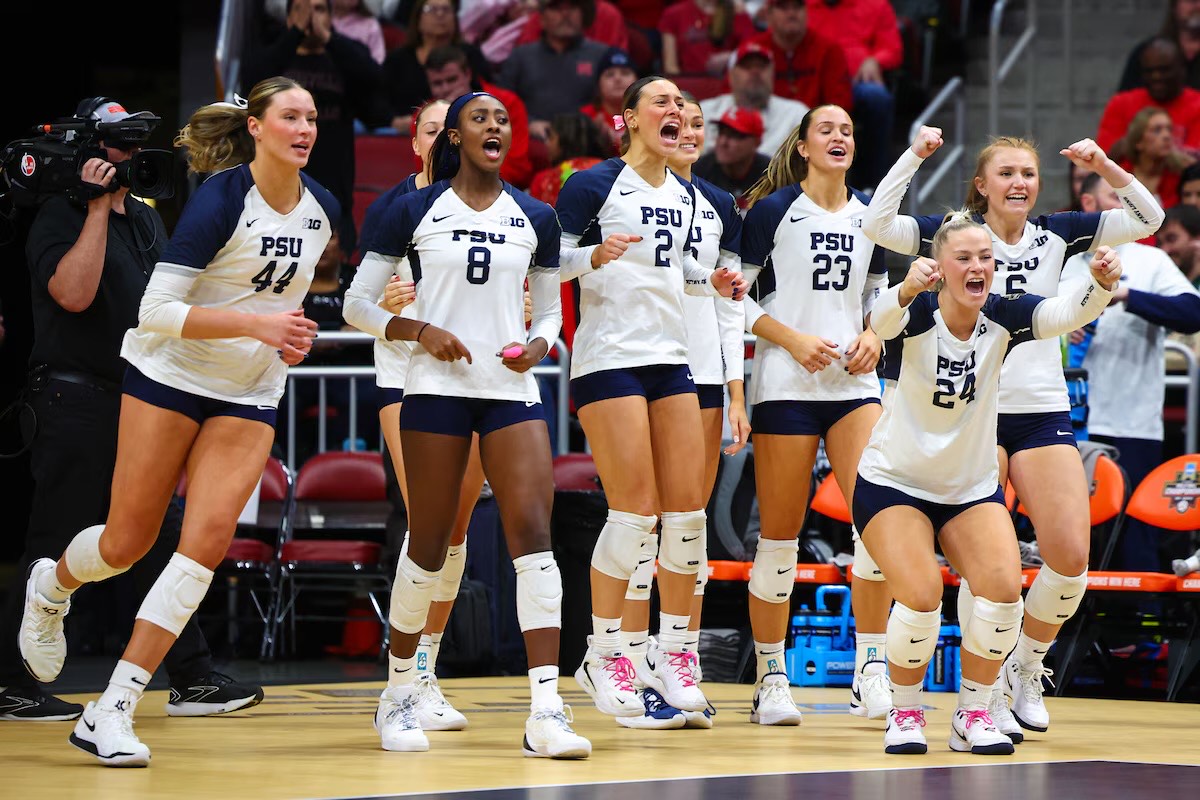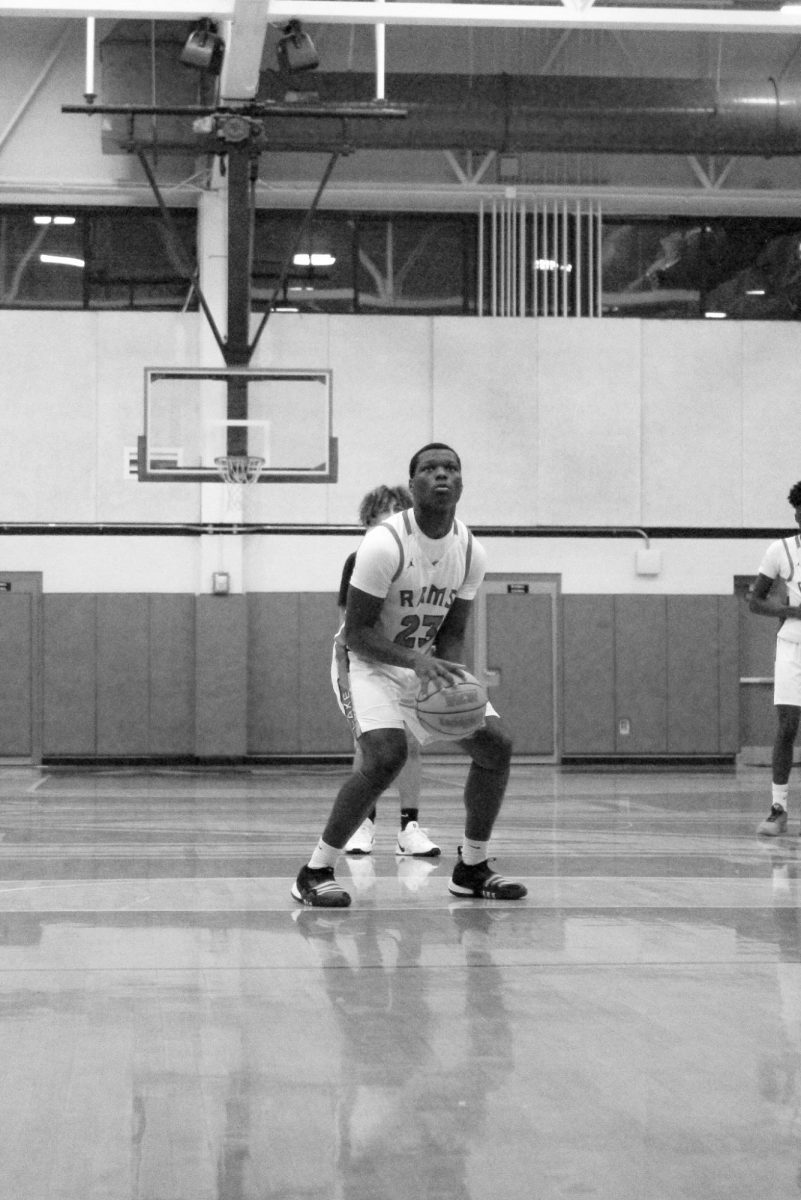When athletes overtrain, it means they push themselves too hard without giving their bodies enough time to recover. This can happen when they have a rigorous training schedule and don’t prioritize rest and recovery. Overtraining occurs when the body doesn’t have enough time to repair and adapt to the physical stress placed upon it. It’s like constantly running on a treadmill without taking a break. This can have negative consequences on an athlete’s performance and overall well-being.
One of the main risks of overtraining is decreased performance. When athletes continuously train without allowing their bodies to recover, their performance levels can plateau or even decline. This happens because the body doesn’t have the opportunity to repair and rebuild the muscles and energy stores that were depleted during intense workouts. As a result, athletes may find it harder to achieve their personal bests and may struggle to meet their performance goals.
Another harmful effect of overtraining is an increased risk of injuries. When the body is fatigued and overworked, it becomes more susceptible to injuries. Muscles, tendons, and ligaments can become strained or torn due to the repetitive stress placed on them without proper recovery. Additionally, overtraining can also lead to a weakened immune system, making athletes more prone to illnesses and infections. This can further hinder their ability to train and perform at their best.
Overtraining can also take a toll on an athlete’s mental well-being. The constant physical and mental exhaustion can lead to decreased motivation, mood swings, and even burnout. Athletes may feel constantly fatigued, irritable, and may struggle to find joy in their sport. This can have a negative impact on their overall mental health and may affect their passion and dedication towards their athletic goals.
In conclusion, overtraining can be harmful to athletes in various ways. It can lead to decreased performance, increased risk of injuries, physical and mental exhaustion, and a weakened immune system. It’s important for athletes to find a balance between training and rest, allowing their bodies to recover and adapt. By prioritizing rest and recovery, athletes can optimize their performance, reduce the risk of injuries, and maintain their overall well-being. So remember, take care of yourself and find that balance.















